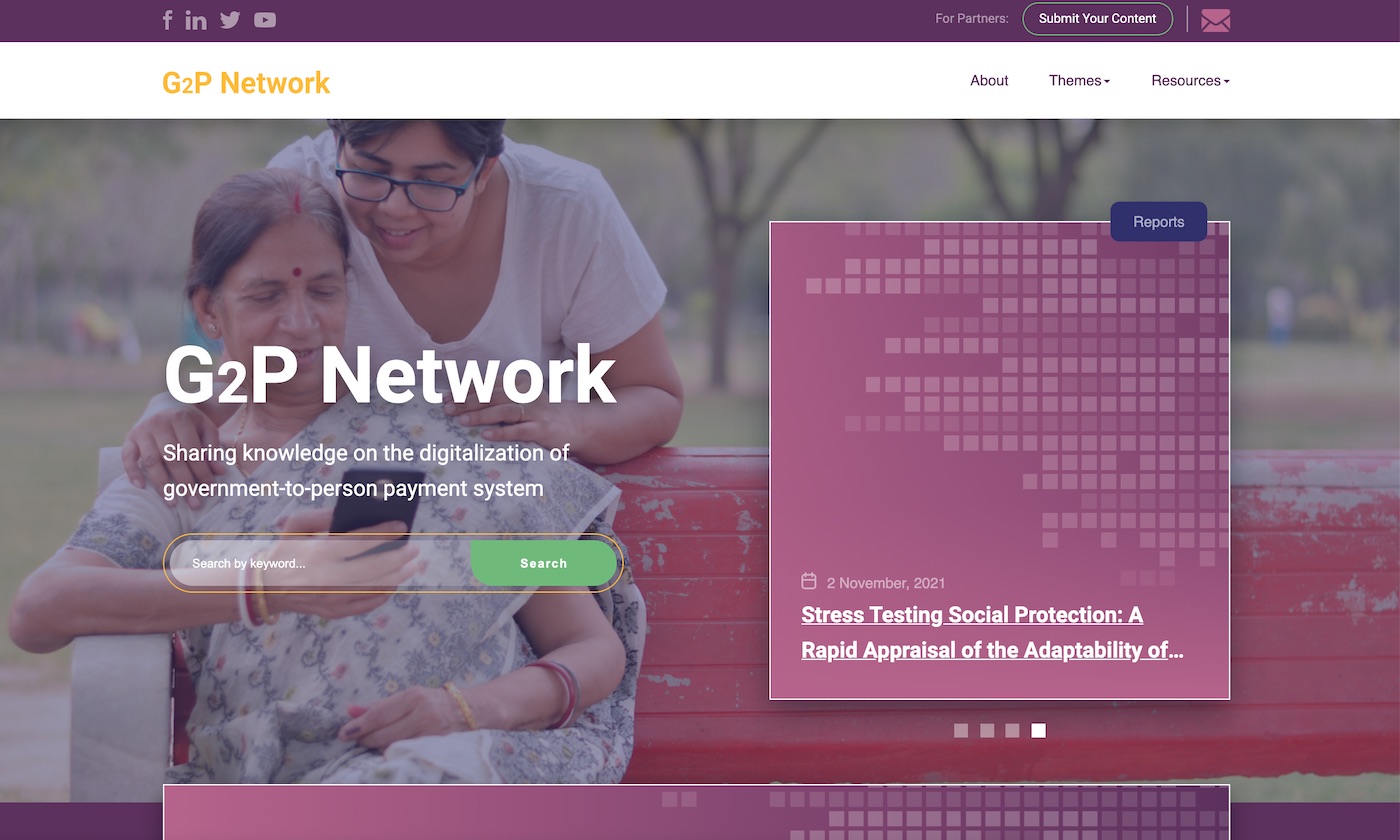As shown in the second State of Aadhaar Report, India’s digital ID system has become ubiquitous and is rapidly being incorporated into service delivery. Covering almost 3,000 rural households in three widely differing states, the Report, presented by Elizabeth Bennett of IDinsight at a recent CGD event, provides the largest-scale survey evidence to date on views on the linking of Aadhaar to government programs. With more heat than light so far in the Aadhaar debate, this is a major step forward in understanding the world’s largest ongoing transition to digital governance, one that is being watched closely by many other countries.
As the survey indicates, the digital transition involves frictions and difficulties for a considerable number of people. Almost nine percent reported biographic errors in their data, and these were sometimes difficult to correct. Enrolling beneficiaries of the ration system and authenticating them at point-of-service may have caused some two percent to be excluded from rations in one of the previous three months, due to seeding errors, authentication failures, or connectivity problems. The survey also shows that data protection and privacy are not solely the concern of the educated elite—as many as 97 percent of respondents thought that it was important to understand how their personal data was being used. These findings suggest significant areas for improvements for exception-management protocols, resolving grievances, and strengthening data protection laws.
However, other headline numbers suggest that the shift towards digital governance has been far more successful than generally portrayed. At 99 percent, adult Aadhaar coverage is now almost universal. Many more people preferred the new, digitally-enabled system of ration delivery (63 percent) than the old one (28 percent), essentially because it was now hard for others to divert or to steal their rations. These conclusions are not too different from those found in our Rajasthan survey of 633 rural and urban households, which also found even higher margins of support for digital delivery of pensions and LPG cylinders with very few opposed. Most striking, a remarkable 87 percent of respondents to the three-state survey supported the mandatory linkage of government services and benefit programs with Aadhaar. Only 7 percent opposed this requirement. It is hard to think of any government that would not see such an approval rating as a slam-dunk validation for their policies.
Lingering questions
How will the conclusions of the survey—both positive and negative—be reflected in the media? Most major press coverage to date (e.g., here and here) has been on the negative side, with few positive reports, at least in the United States. Will results be taken at face value? We have found it quite difficult in our own research to get a clear handle on “exclusion”—whether this means inconvenience, a delay in receiving benefits, or absolute failure to receive them, and whether the reasons relate to digitization or other factors. The three-state survey found that about three times as many people had been denied rations for other reasons, such as dealer stock-outs; to the extent that these reflect diversion of subsidized goods to the market, the frequency might have been even higher before the digital reforms. Would the 87 percent result have still held if the question was posed differently? And if digitization makes things better for the great majority of people but worse for a small minority, how should its impact be assessed?
One thing is for sure—the State of Aadhaar Report is only the start of our understanding of how the shift to digital governance and service delivery is changing citizen-state relationships on the ground. Its conclusions are important for India and many other developing countries—and perhaps also for some OECD members as well.
CGD blog posts reflect the views of the authors, drawing on prior research and experience in their areas of expertise.
CGD is a nonpartisan, independent organization and does not take institutional positions.





